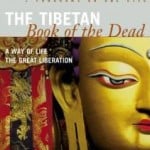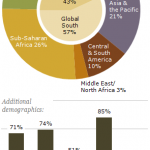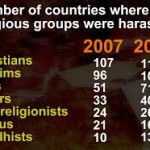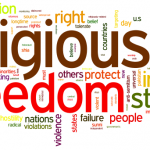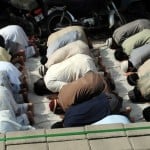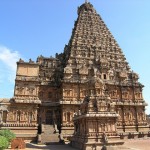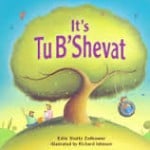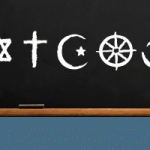Here, Canadian poet and musician, Leonard Cohen, reads part of the Tibetan Book of the Dead in 1994. The Tibetan Book of the Dead, according to the Buddhist scholar, Robert Thurman,“organizes the experiences of the between—(Tibetan, bar-do) usually referring to the state between death and rebirth.” Open Culture has a great review of Cohen’s 1994 two part documentary that explores Tibetan teachings about death and dying. Here’s a link to the second part of the two part documentary called “The... Read more

